Description
Anusol Soothing Relief Suppositories help to relieve the swelling, itch, and irritation of internal piles (haemorrhoids) and anal itching. It contains the following ingredients:
Hydrocortisone acetate is a mild steroid which helps reduce inflammation.
Zinc oxide and Bismuth salts are mildly astringent and antiseptic. They soothe and protect raw areas.
Balsam Peru is mildly antiseptic and has a protective action on sore areas and may help healing.
Benzyl benzoate has mild antiseptic properties.
What are piles?
Piles (haemorrhoids) are swollen blood vessels which occur inside or outside the back passage (anus).
Some people have piles without experiencing any symptoms, but sufferers may notice the following:
Bleeding: Although streaks of bright red blood on the toilet paper are not uncommon in people with piles, it may be a sign of a more serious condition and you should see your doctor to check this.
Swelling: The swollen blood vessels may be felt as a lump or blockage in the anus.
Pain, itching and irritation in the anal region.
At least 40% of people suffer from piles at some time in their lives. However, many people are too embarrassed to seek advice or treatment and, as a result, experience unnecessary discomfort.
Fortunately, there is much you can do to ease the situation and relieve the symptoms.
What causes piles?
Several factors can contribute to the development of piles:
The most common cause is straining during a bowel movement, usually because of constipation.
During pregnancy, the growing baby exerts increased pressure on the anal vessels, which can lead to piles.
Heredity: you may be more likely to develop piles if your family has a history of suffering.
A Healthy Living Plan for Piles Sufferers
You can reduce the risk of piles by following a healthy diet and lifestyle that helps to keep your bowels working regularly and prevents constipation. This can also help to speed recovery from piles.
Eat a high fibre diet including foods like brown rice, wholemeal bread, wholewheat pasta etc.
Eat plenty of fresh fruit, vegetables, and salads.
Drink plenty of water.
Don’t eat too much salty, fatty, or sugary foods such as crisps, burgers, and cakes.
Cut back on the amount of alcohol, tea, and coffee you drink.
Exercise regularly.

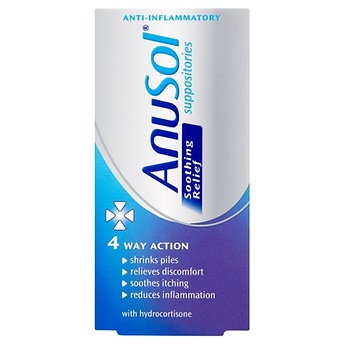

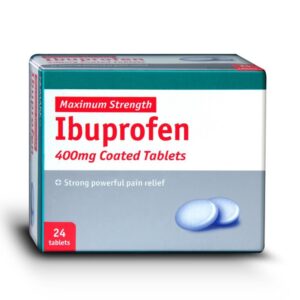
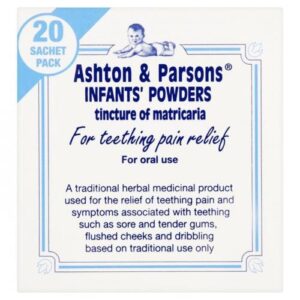
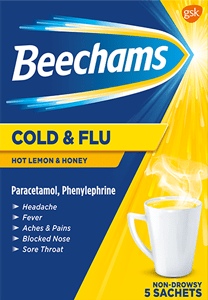
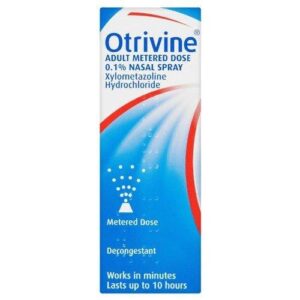
Reviews
There are no reviews yet.